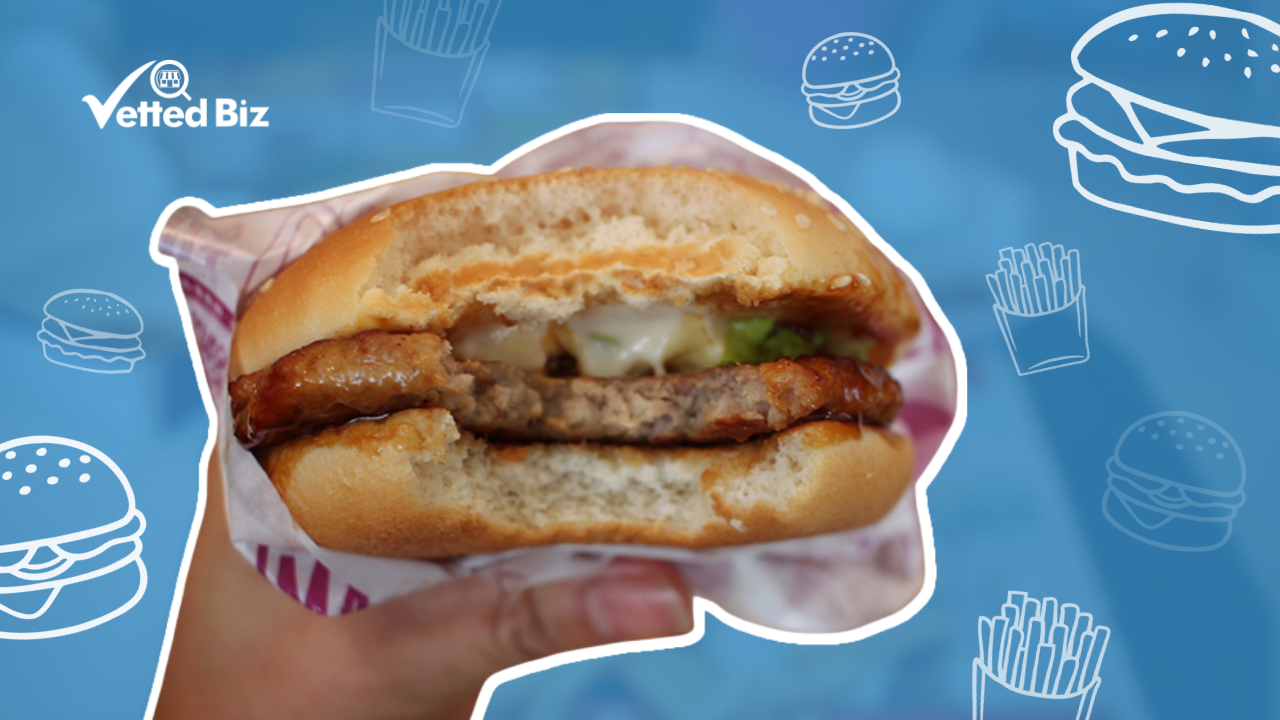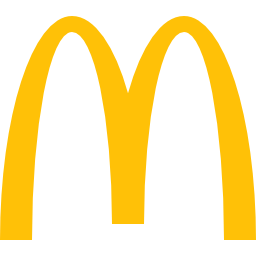Fast-Food Rivals: Burger King vs. McDonald’s – Who’s #1?
Explore the epic competition between McDonald’s and Burger King! Dive into investment costs, global reach, and earning potential to find the best franchise fit.

Table of Contents:
For decades, McDonald’s and Burger King have vied for the title of fast food supremacy, captivating palates across the globe with their iconic offerings. But beyond the golden arches and flame-grilled wonders lies a battleground of business strategies, investment nuances, and global conquests. In this exploration, we dissect every facet of the burger king vs mcdonalds saga, shedding light on the crucial details that define these fast food empires.
From the initial capital required to the franchise fees that beckon prospective business owners, we uncover the financial landscapes of these two giants. Embark with us as we navigate through the operational intricacies, shedding light on the models that underpin their vast networks of fast food restaurants.
But size isn’t everything, or is it? We unravel the staggering global presence each wields, delving into how their sheer scale translates into market influence within the fast food chains industry.
Burger King vs McDonalds: About McDonald’s
In 1940, the renowned food establishment, McDonald’s, had humble beginnings as a solitary drive-in eatery nestled in San Bernardino, California, courtesy of the entrepreneurial spirit of brothers Maurice and Richard McDonald. By 1948, the restaurant underwent a transformation, ramping up production with a streamlined menu featuring hamburgers, fries, beverages, and delectable pies.
What set this establishment apart was its remarkable swiftness in service, leading to the christening of the Speedee Service System. This innovation not only streamlined operations but also enabled owners to offer hamburgers at an unprecedented 15 cents, a mere half of what their competitors charged. This pricing revolution catapulted the restaurant to staggering success, prompting its owners to embark on a groundbreaking franchise venture, leaving an indelible mark on culinary history.
In 1955, the inauguration of McDonald’s Systems Inc. in Des Plaines, Illinois marked a pivotal moment. Soon after, the first McDonald’s franchise east of the Mississippi River made its debut, ultimately culminating in the acquisition of the McDonald brothers’ stake in the venture in 1961. Today, McDonald’s menu continues to evolve, adapting to consumer preferences while maintaining its core offerings.
Burger King vs McDonalds: About Burger King
In 1953, the burger empire known as Burger King was established by Keith J. Kramer and Matthew Burns, who acquired the rights to two pivotal pieces of equipment, famously known as ‘Insta’ machines. Their inaugural store featured the revolutionary Insta-Broiler, an innovation that instantly propelled the brand to stardom. Subsequently, it became a requirement for all Burger King establishments to house this cutting-edge machine.
In 1959, amidst some challenges, the company changed hands, finding new owners in Florida franchisees James McLamore and David R. Edgerton. Under their stewardship, the brand was rebranded as ‘Burger King’ and operated independently for the following eight years, during which they oversaw significant corporate restructuring. By 1967, after expanding the brand’s footprint to an additional 250 locations, they made the pivotal decision to sell to Pillsbury. As part of Restaurant Brands International, Burger King’s value proposition continues to resonate with a global audience.
McDonalds vs Burger King — Which Is Best to Franchise?
According to our franchise comparison tool, in terms of investment, a Burger King franchise entails an initial cost ranging from $232,000 to $4.52 million. The franchise fee spans between $2,500 and $50,000, with a 4% marketing fee and a 5% royalty fee. On the other hand, investing in a McDonald’s franchise requires a capital outlay within the range of $521,000 to $2.5 million, alongside a franchise fee ranging from $22,500 to $45,000. Similar to Burger King, McDonald’s also charges a 4% marketing fee, but their royalty fee is slightly lower at 4%.
When it comes to deciding which franchise is the better choice, it ultimately depends on various factors such as personal preferences, financial capabilities, and business objectives. Both McDonald’s and Burger King offer lucrative opportunities within the fast-food industry, but the decision should be made based on a comprehensive evaluation of individual circumstances, including investment capacity, location considerations, and specific business goals.
McDonalds vs Burger King: Which food chain has a larger global presence?
While both chains boast substantial international footprints, McDonald’s surpasses Burger King in terms of global reach. Our franchise comparison tool reveals that McDonald’s boasts an impressive 13,455 locations in the United States, of which 12,764 operate as franchised units, while 691 are corporate-owned.
In contrast, Burger King maintains 7,043 total locations in the U.S., with a majority of 6,993 being franchised units and a comparatively small number of 50 operating as corporate units. This data underscores McDonald’s dominant position in terms of sheer presence within the fast-food industry.
Burger King vs McDonalds: Which has more Earning?
When it comes to burger king vs mcdonald’s revenue, the clear front runner in terms of earnings is McDonald’s. When we delve into the specifics, a notable discrepancy emerges. For owner-operators, McDonald’s generates an impressive $660,531 in earnings. However, if we consider a semi-absentee model, the earnings dip slightly to $492,091. In contrast, the owner-operator model of Burger King worldwide, under its parent company Restaurant Brands International, presents a different earnings scenario. These earnings reports highlight the strategic differences between the two fast food chains.
Conclusion
In conclusion, the Burger King vs. McDonald’s saga unveils a rich tapestry of competition, innovation, and global influence. McDonald’s, with its pioneering Speedee Service System, revolutionized the fast-food industry and propelled itself to unparalleled success. Meanwhile, Burger King’s rise, fueled by the Insta-Broiler, showcased the power of innovation in shaping culinary empires.
Ultimately, the choice between these fast-food giants comes down to a nuanced evaluation of one’s financial capacity, location considerations, and specific business objectives. Both franchises offer compelling opportunities within the fast-food industry, each with its unique strengths and advantages.


